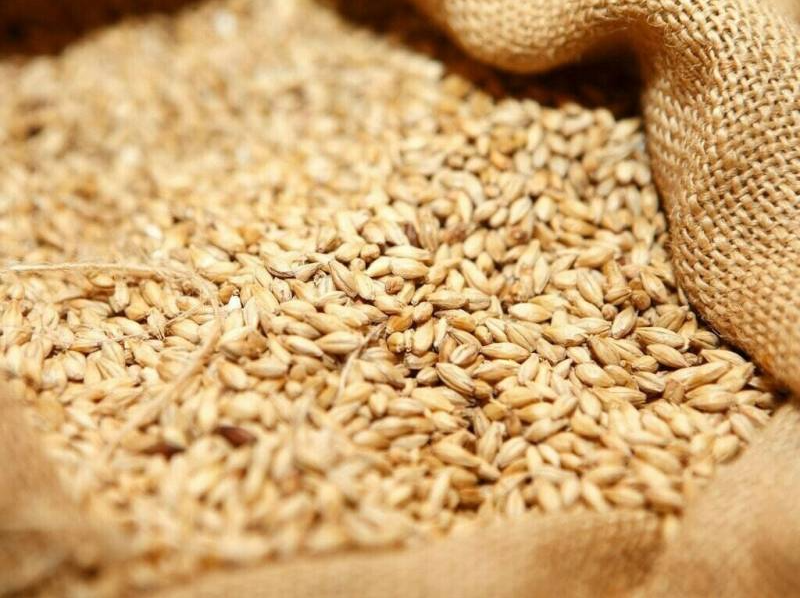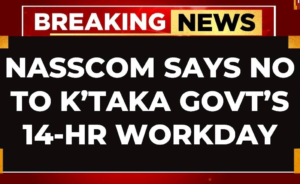As Pakistan grapples with a major economic crisis, thousands of farmers are set to participate in a nationwide demonstration against the ongoing wheat crisis. The protests, scheduled to begin on May 10, will start from Multan. But what exactly is the reason behind this protest? Let’s delve into the details of the Wheat Import Scam that has shaken the country.
Background
The wheat crisis in Pakistan has been exacerbated by plummeting wheat rates in the local market. Shockingly, these rates have fallen below the support price of PKR 3,900 per 40 kg. In response to this dire situation, farmers have taken to the streets, staging demonstrations in Lahore and other cities.
Unfolding the Pakistan Wheat Import Scam
The root cause of this wheat crisis lies in a mega scam that unfolded during the period when Pakistan was under a caretaker regime. Here’s what the scam entails:
- Wheat Imports: In 2023, the Pakistani caretaker government allowed private business entities to import wheat with little regard for domestic production. Shockingly, documents revealed that the ruling regime granted permission to the private sector to import wheat worth PKR 330 billion from August 2023 to March 2024.
- Timing and Cost: The permission to import wheat coincided with decreasing wheat prices in the international market. The Pakistan Bureau of Statistics (PBS) data indicated that Pakistan imported 3.44 million tonnes of wheat at an estimated cost of PKR 282.975 billion (equivalent to $1.005 billion) during the July-March period of 2023-24. Importantly, the import continued into April 2024, despite the crisis.
- Missing Figures: The situation became more complex when the data for wheat imported in April was not included in the final figures. While six vessels arrived in Pakistan on Eid day alone, it was discovered that the imported wheat had reached close to 4 million tonnes. This significant import severely impacted Pakistan’s national exchequer and foreign exchange reserves during an already historic economic crisis.
- Quality Concerns: Allegations surfaced that the imported wheat was of inferior quality and did not meet the country’s consumption standards. Moreover, middlemen imported the wheat at extremely low rates and sold it at higher prices, reaping substantial profits.
- Farmers’ Plight: Ironically, this wheat import scandal occurred when Pakistani farmers had witnessed a bumper wheat crop production. Despite this, the government’s wheat procurement decreased by almost 50% compared to the previous fiscal year.
Consequences
The caretaker government’s decision to continue importing wheat drained $1.05 billion from Pakistan’s foreign exchange reserves. The crisis hit the country hard, affecting both the economy and the livelihoods of farmers.
In summary, the Wheat Import Scam has left Pakistan’s farmers in distress, highlighting the need for transparency, accountability, and better management of essential commodities. As the protests unfold, the nation awaits answers and justice for those affected by this scandal1





































